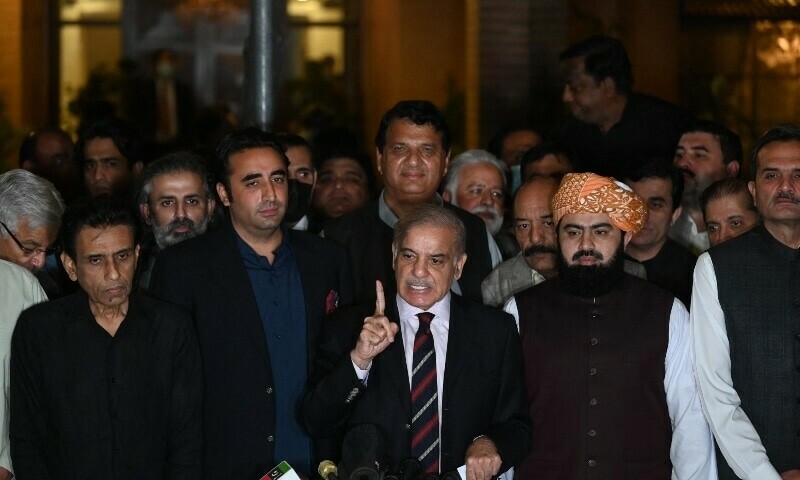 Web Desk
Web Desk

The tragic incident of a stampede in Karachi that resulted in the deaths of 11 women and children during a charity ration distribution on Friday has highlighted the dire situation of inflation-hit people in the country.
The incident is a stark reminder of how people are willing to take risks and endanger their lives to obtain necessities like food for their families.
The incident has once again brought to the forefront the issue of poverty and food insecurity in the country, which has only worsened due to the ongoing economic crisis and the COVID-19 pandemic.
The tragic incident in Karachi highlights the grim reality of how the economic crisis affects people across all socioeconomic backgrounds. The fact that the victims were mostly women from white-collar families demonstrates how the skyrocketing cost of living impacts even the middle class.
Only the top 20% of the population seems to be immune to the financial strain caused by inflation, while most middle-income families struggle to make ends meet.
Many have been forced to sell their assets and dip into their life savings to survive. This situation calls for urgent action from the government to address the root causes of the economic crisis and provide relief to those struggling to cope.
Several incidents of stampedes during food distribution drives across the country have highlighted people’s desperation amid rising inflation and economic hardships.
The country’s political instability has added to the challenges faced by the government in addressing the crisis.
A report by the finance ministry has revealed that the free wheat flour distribution scheme for the Benazir Income Support Programme (BISP) beneficiaries in Pakistan will cost almost Rs100 billion to the national exchequer.
The scheme is being funded by Punjab, Sindh, and Khyber Pakhtunkhwa, with Punjab contributing around Rs64 billion, Sindh contributing Rs15.6 billion, and Khyber Pakhtunkhwa contributing Rs19.7 billion.
Also Read: OPEC’s Decision To Cut Oil Production Leads To A Surge In Prices
The ruling PML-N and its allies hope the scheme will help them regain some of the political capital they lost before the upcoming elections.
In addition, the economic turmoil caused by the delay of the stabilization program has worsened the economic uncertainty, leading to strong inflationary expectations.
Despite Pakistan’s efforts to revive the $6.5 billion IMF program, its mistakes, such as the petrol subsidy and attempts to borrow directly from commercial banks, have only added to the complexity of the country’s economic issues, according to a senior business journalist.
Furthermore, the finance ministry has acknowledged the inadequacy of policy measures and the inability of authorities to control the inflationary trend.
The current coalition government has indirectly acknowledged that it is either incapable or uninterested in stabilizing the economy in the short term. This could be due to the need for clear guidance from the establishment about the future.
After all, why would the government focus on stabilizing the economy if they still decide whether to be re-elected in the upcoming elections?

